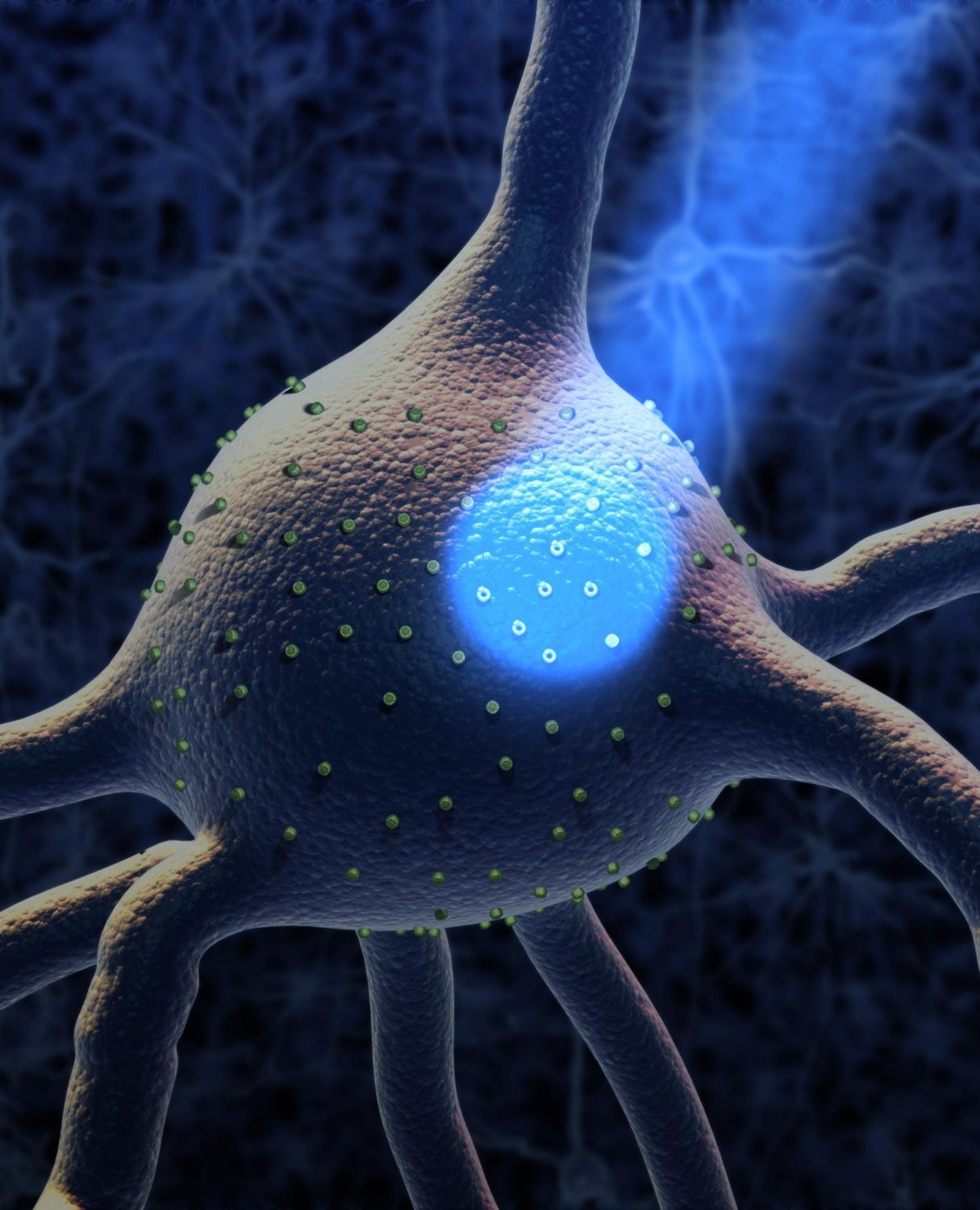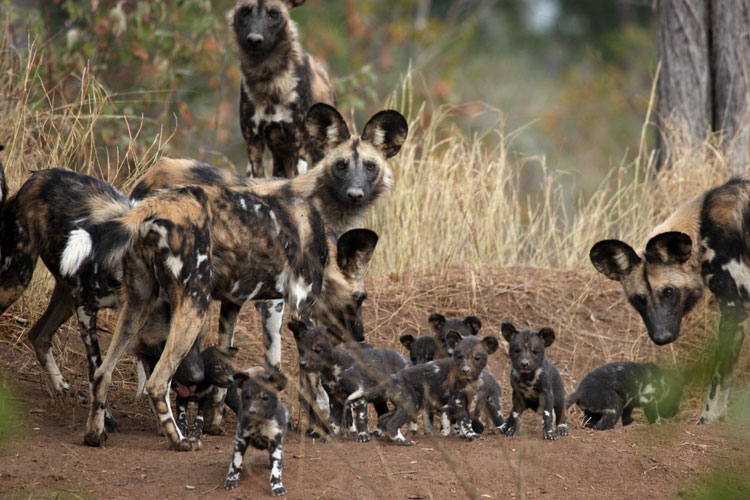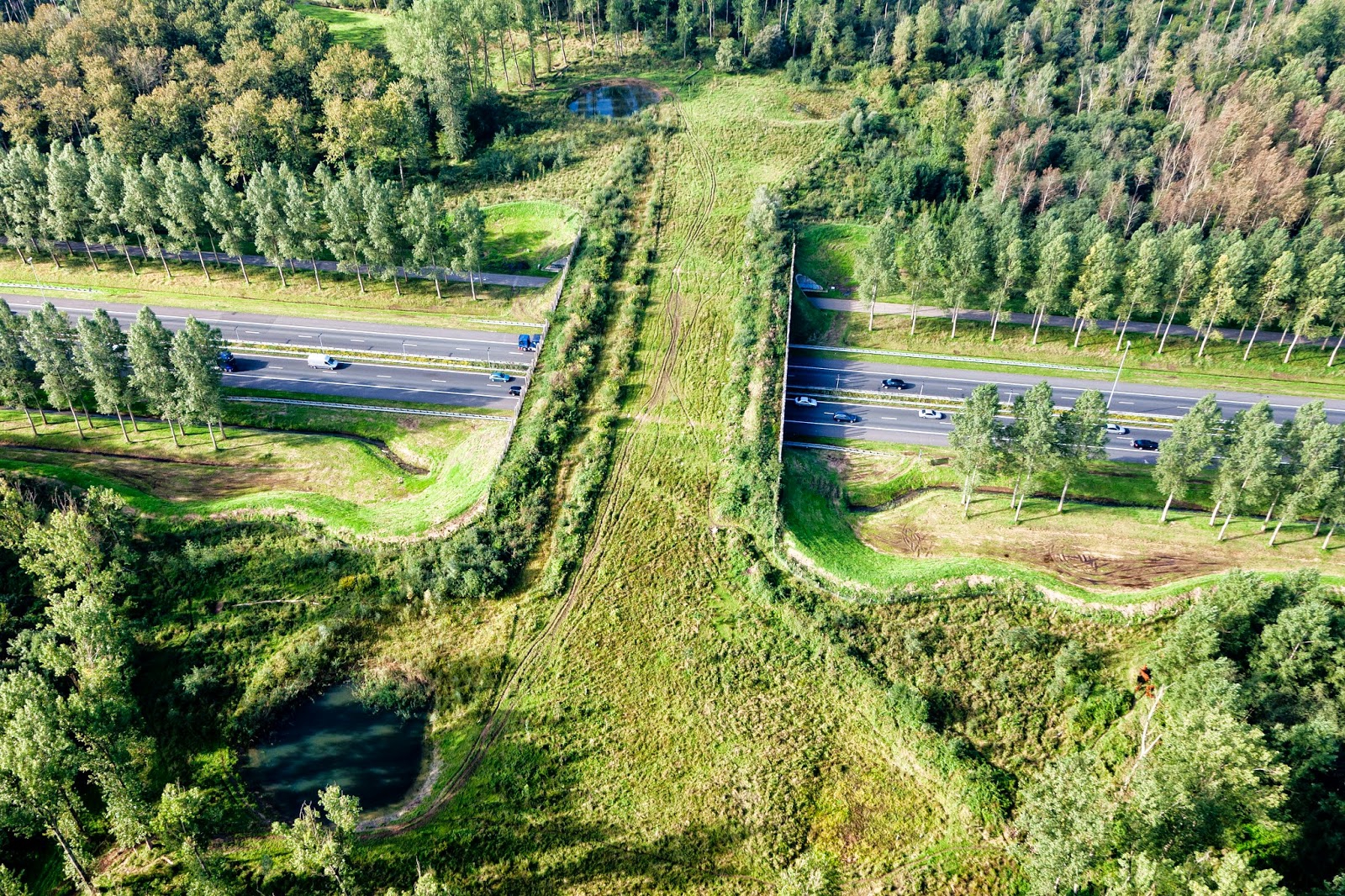Imagine a world where altering memory, never being blind and downloading skills into our brains exist. Well, science isn’t as far off as you think! As farfetched as the idea of programming our brains seems an area of research in neurosciences called optogenetics works with neurons (brain cells) and light in order to mimic our natural brain wave patterns and send “fake” signals to the cells. Research done with optogenetics uses altered cell proteins to make them respond to light. This allows us to control specific reactions that take place in targeted parts of the brains quickly that things like drugs just cannot do since they lack the precision and take time.

Light hitting the neuron By: Julie Pryor
Research Being Done
Researchers in a 2007 study used mice and placed a wire into their brain then flashed a super fast blue light into a relatively large area of the brain where control over motor skills are known to be. They were able to get the mice to walk in circles meaning this stimulus allowed the researchers to change the rodents’ motor behaviour!
But research hasn’t stopped there, with further understanding of brain wave patterns a recent study (still done on mice) was able to control the light better and use holograms. They used a specialized technique called 3D-SHOT that mimicked the natural brain wave patterns which, when measured by the amount of calcium consumed by the brain, found that this light probably caused the mice to believe what they were seeing, hearing or feeling was real. Calcium was used because it was a good indicator of how much the neurons were firing, the more calcium used means there were more neurons firing and vice versa.
Future Implications
While this research for humans is still ongoing, one day it might be possible to program our brains and treat diseases that do not currently have cures such as Parkinson’s disease or blindness. For example, if we could mimic how eyes send signals to the brain we could use prosthetic eyes with these copied signals and cure blindness!
Inspiration
By: Fatima Syed




